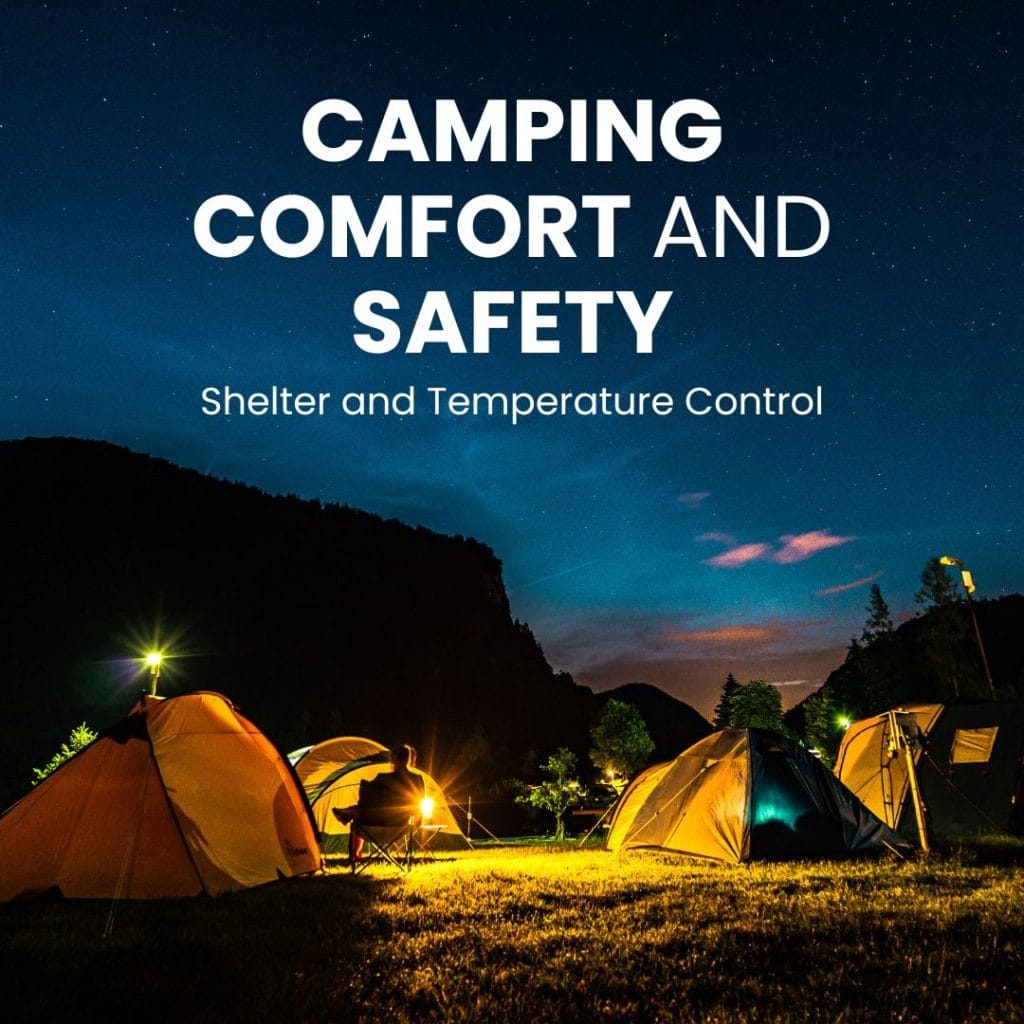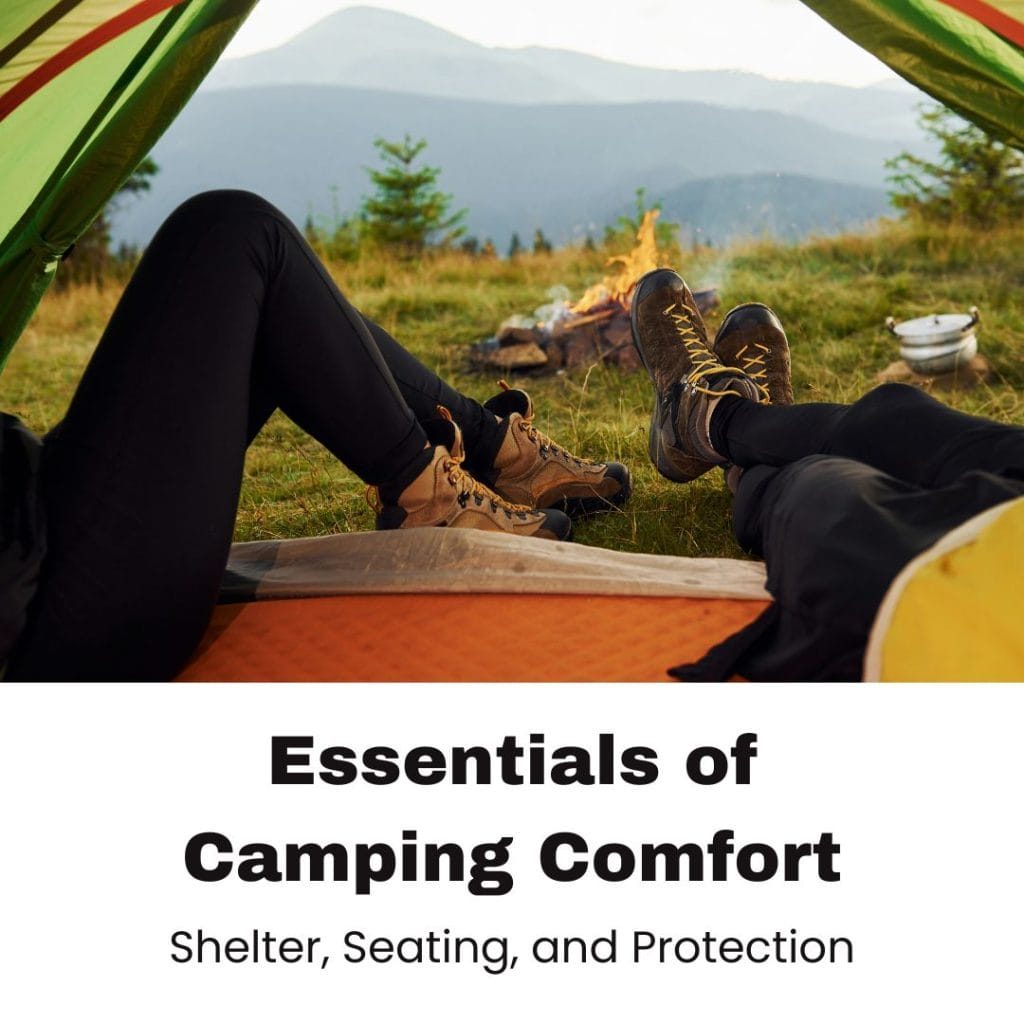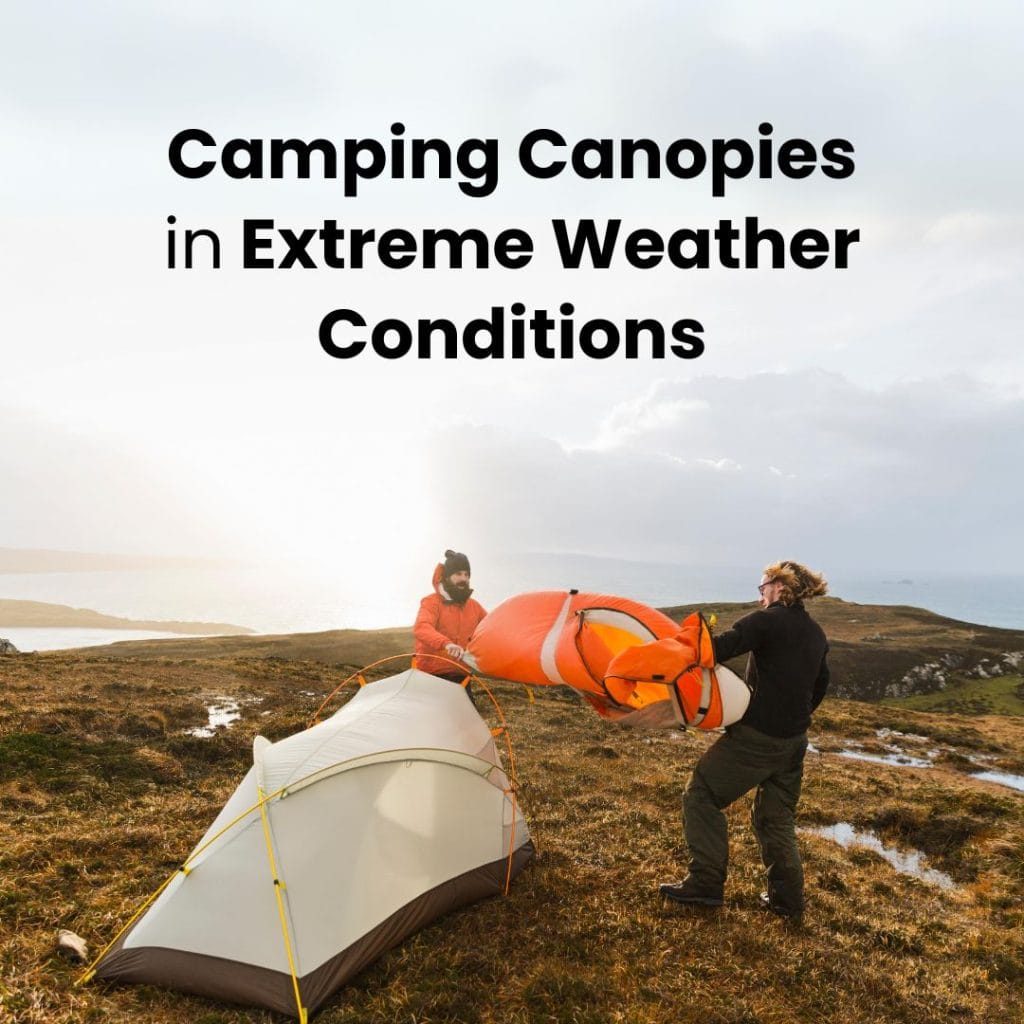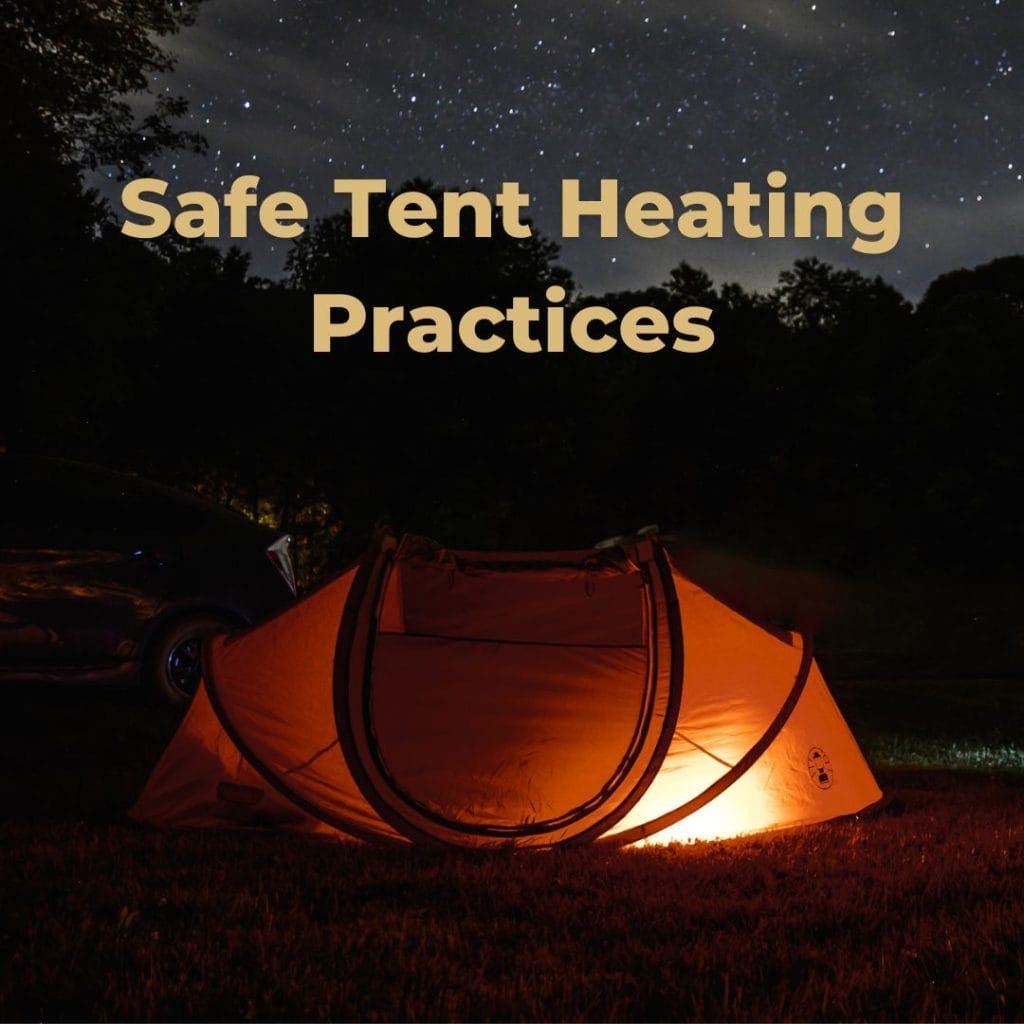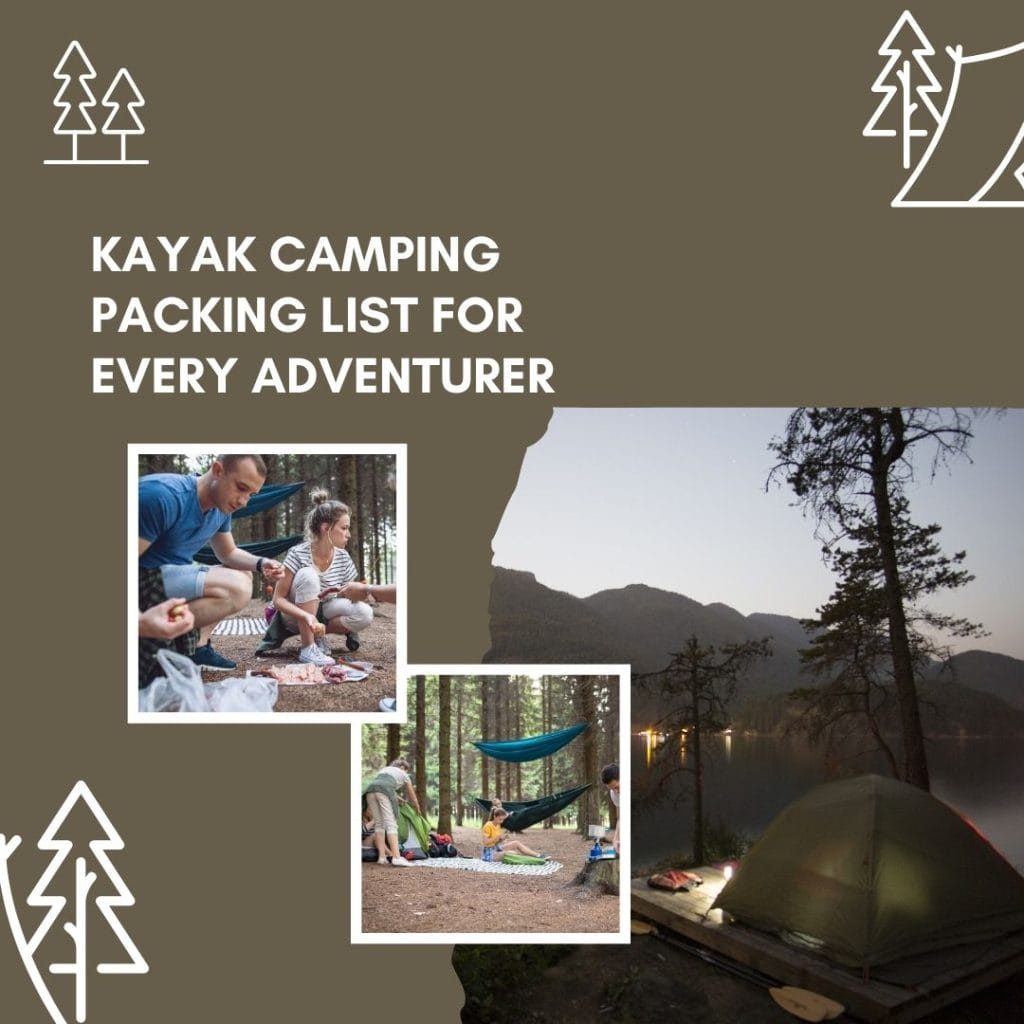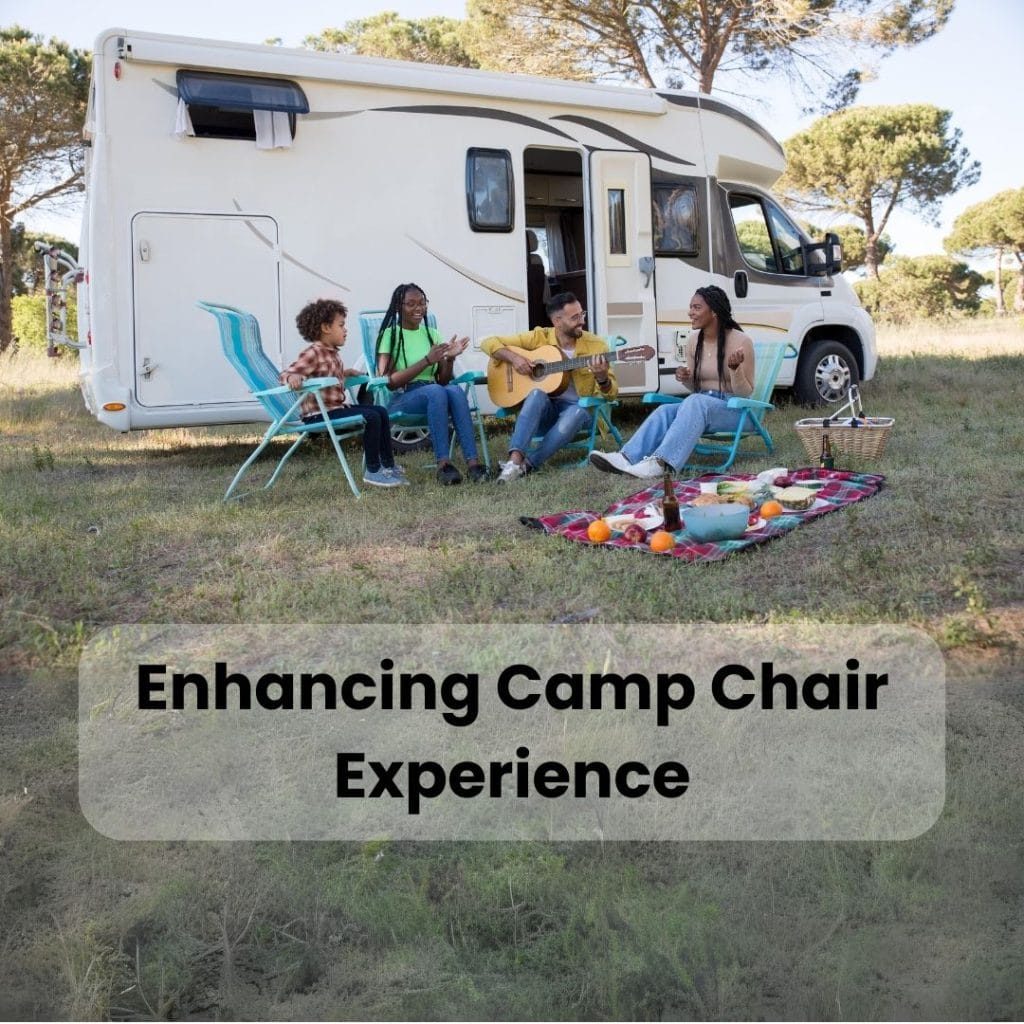Tent heating safety is an essential consideration for those who enjoy camping during colder periods. The thrill of nature shouldn’t be overshadowed by the risks of hypothermia or frostbite. By equipping yourself with knowledge on safe heating solutions for tent camping, you can ensure your outdoor adventures remain both enjoyable and safe, regardless of the temperature outside.
Safe Heating Solutions for Tent Camping in Cold Weather
Winter camping offers a unique, breathtaking experience, immersing campers in the serene beauty of a snowy landscape. However, the thrill of the experience doesn’t negate the necessity of proper equipment. As the heart rate decreases during sleep, so does the body temperature, leading to those unwelcome, chilly awakenings. The importance of adequate clothing layers, warm winter boots, and quality sleeping bags should never be underestimated.
Tent heaters and camping lanterns are not to be overlooked, as they are essential for a comfortable winter camping experience. They not only provide warmth but also add an element of homeliness to the icy outdoors. Even during summer camping trips, nighttime can bring a surprising drop in temperature, making a tent heater a valuable piece of equipment for any camping excursion.
In this guide, we’ll explore some of the finest tent heaters available on the market. Whether you prefer electric, propane, or butane heaters, we’ve got you covered. Stay tuned as we delve into the world of tent heating safety.
Winter camping can be beautiful, adventurous, and a whole new way to enjoy the season. But no matter how much you may love snow, you cannot go winter camping without the proper equipment. When you sleep, your heart rate drops and your body temperature dips. You wake up, cold. You don’t want that. The key to staying warm in freezing conditions is having the proper clothing layers, warm winter boots, and a good sleeping bag. Tent heaters and camping lanterns can make winter camping much more comfortable.
Even in summer, temperatures at night can drop significantly, and having a heater is a key ingredient in a happy weekend. Below are some of the best tent heaters, including electric, propane, and butane heaters.
Embracing Winter’s Splendor: The Adventure of Cold-Weather Camping
Winter camping brings forth an exceptional scene of landscapes cloaked in snow, laying an extraordinary platform to relish the season’s charm. This mesmerizing sight, however, does not eliminate the critical need for suitable camping accessories.
The natural physiological response to sleep induces a drop in our heart rates and body temperatures. This decline can lead to shivery awakenings, a situation we’d all prefer to steer clear of during our outdoor adventures.
Therefore, the incorporation of appropriate camping gear, such as warm clothing layers, winter boots, and high-quality sleeping bags, becomes instrumental. These items provide a crucial defense against the biting cold that invades our tents during the night.
Essential Gear: The Foundation of a Warm Winter Camping Experience
Layered clothing is a fundamental aspect of winter camping. It allows for temperature regulation through adding or removing layers as needed. Insulating base layers trap heat close to your body, while outer layers serve to keep moisture and wind at bay.
Winter boots are your foot’s armor against the cold. Aim for boots that are not only insulated but also waterproof, to protect you from the moisture that could turn your warm haven into a cold, wet mess.
A high-quality sleeping bag is akin to your personal cocoon of warmth. Consider a sleeping bag specifically designed for low temperatures, capable of providing insulation even in sub-zero weather.
Tent heaters and camping lanterns transform a chilly, dark tent into a warm and cozy space. Tent heaters provide immediate warmth, making the tent comfortable for sleeping and other activities. Camping lanterns add an element of safety, allowing you to navigate through your campsite at night.
Together, these essentials form the foundation of a warm and enjoyable winter camping experience.
A Guide to the Best Tent Heaters: Electric, Propane, and Butane Options
Electric Tent Heaters
Electric tent heaters are renowned for their safety and simplicity of use. The Lasko 754200 Ceramic Portable Space Heater is a popular choice among campers. Designed with an adjustable thermostat, it allows you to regulate the temperature to your liking. Safety features such as overheat protection and cool-touch exterior make it an excellent choice for families.
Propane Tent Heaters
Propane heaters are known for their powerful heating capabilities. The Mr. Heater F232000 MH9BX Buddy is a top-rated propane heater that can heat up to 225 square feet, sufficient for large tents. It comes equipped with a low-oxygen safety shut-off (OSS) and a tip-over safety shut-off, underscoring the importance of tent heating safety.
Butane Tent Heaters
Butane heaters offer portability, an important feature in camping gear. The Camco 57331 Olympian Wave-3 is a butane tent heater that is lightweight and easy to carry. It delivers a heat output of 3000 BTU, making it an effective solution for small to medium-sized tents.
Remember, no matter which type of heater you choose, tent heating safety should always be a top priority. Always follow the manufacturer’s safety instructions and never leave a heater unattended while in use. Happy camping!
Features to look for in tent heaters
When choosing a tent heater for your camping adventure, it’s imperative to consider several key features that ensure both your comfort and safety. Let’s delve into these essential factors to consider when selecting the ideal tent heater.
Evaluating Heater Types:
Tent heaters come in several variations, primarily distinguished by their fuel sources. Our guide, like many others, features butane, propane, and electric heaters. Your choice will largely depend on your specific camping needs and available resources.
Heat Output:
The effectiveness of a heater is significantly influenced by the size of the space it has to heat. Tents often allow heat to escape easily through their walls, necessitating a heater with decent heat output. For larger spaces, like campers, a heater with a higher BTU (British Thermal Unit) rating would be required in comparison to a smaller van or tent.
Importance of Runtime:
Efficient fuel usage is crucial for both economic and practical reasons. It’s not ideal to be warm for just a few hours before the heater runs out of fuel. Hence, it’s essential to check how long a propane or butane heater can run on a specific fuel canister size.
Tipping Feature:
A tipping feature, often classified as a safety feature, is designed to automatically shut off your heater if it gets tipped over. This prevents potential fires and offers you peace of mind while you sleep.
Noise:
If you’re a light sleeper, the noise generated by the heater could be a concern. It’s advisable to check the heater’s decibel output and determine if you can tolerate the sound levels. Typically, none of the heaters tested have been excessively loud.
Size and Weight:
Unless you’re utilizing a transportation service, the dimensions and weight of your heater are crucial considerations. You wouldn’t want to compromise your mobility for a heavy, cumbersome heater. However, if you’re camping in a vehicle or camper, this may be less of a concern.
Safety:
As you’ll be dealing with fire, safety cannot be overstated. Ensure any gas heater you choose, whether propane or butane, has an auto shut-off feature or can be monitored closely. Remember, forest fires can have disastrous consequences, and the responsibility of prevention falls on you.
Types of tent heaters
There are three primary types of tent heaters for camping, each with its unique benefits and drawbacks:
- Electric Tent Heaters: These heaters are convenient and safe, but they do have a significant limitation – their power source. If your camping trip extends to 2-3 days, you may find that an electric heater can deplete its power source and cease functioning, leaving you in the cold.
- Butane Tent Heaters: Known for their portability, butane heaters are a practical choice for camping. However, it’s essential to note that butane transitions from a liquid to a gas at higher temperatures compared to propane. As such, a butane heater may not be the optimal choice for winter camping, though it should still operate adequately.
- Propane Tent Heaters: Reliable and efficient, propane heaters are a solid option for most camping scenarios. They burn slightly faster than butane heaters but maintain their liquid state in colder climates. This feature makes them the most suitable option for cold weather camping, providing consistent warmth regardless of the temperature outside.
Safety tips when using a tent heater
Safety should always be your top priority when using a tent heater. Here are some crucial tips to ensure the safety of you and your camping group:
- Avoid Stands: If your model comes with a built-in stand designed by the manufacturer, feel free to use it. However, refrain from improvising with objects like milk crates or firewood to elevate your heater. These can melt or cause fires under the heater’s heat and may also propel your heater further if it falls, risking injury and damage to your camping equipment.
- Proper Placement: Ideally, placing your heater in the middle of your tent would allow for optimal heat distribution. However, if your tent is compact, this may not be practical or safe. Try to position your heater safely, keeping it away from the tent edges to avoid melting or fire hazards.
- Clear the Surrounding Area: If you’re camping in a remote location, ensure that the spot you choose is free of dried brush, leaves, and twigs. These can easily catch fire from your heater and spread rapidly.
- Understand Your Model’s Maximum Heat: Familiarize yourself with your heater’s maximum heat output as listed in the user manual. Knowing this will aid in making safer decisions about heater placement and will also let you gauge the fire risk associated with your specific heater model.
How to properly set up your tent heater
Setting up your tent heater safely and efficiently involves a few crucial steps. Here’s a step-by-step guide on how to do that effectively:
- Unboxing and Assembly: Start by unpacking your heater and assembling as required. The instruction manual is your best guide here, providing a wealth of information about the operation and safety of your heater. Make sure to read all instructions thoroughly to familiarize yourself with your new camping heater fully.
- Propane Tank Setup: Once you’re in the tent and ready to set up, assess if your heater came with a hose. If so, this can be directly hooked up to your propane tank by turning the valve. Ensure stability for both the heater and the tank, preventing any tipping over due to wind or slight movements.
- Butane Setup: Butane heaters use smaller cartridges and tend to last longer than propane heaters. The setup procedure is similar to propane heaters; find a stable spot away from belongings, brush, and tent edges. The cartridge areas on butane heaters are visibly clear, and once you snap in the cartridge, your setup is complete.
- Heating Up The Tent: Different models have varying operations, but generally, you use an electric igniter to kickstart the heat generation. Make sure to turn off the fuel supply thoroughly when you’re not using the heater to conserve fuel for later. For propane heaters, twist the propane valve off; for butane heaters, switch off the butane output.
Remember, safety should always be your priority when setting up and operating a tent heater. Always adhere to the manufacturer’s instructions and safety guidelines.
Frequently Asked Questions
Q: How can I determine the amount of heat, in BTUs, required for my tent?
A: BTU or British Thermal Units is a measure of heat energy. You can estimate the required BTUs for your tent by assessing its height, width, and length, giving you its cubic feet volume. Besides, consider the thickness and insulation rating of your tent material. For instance, if you have a 100 cubic feet space and plan to camp in harsh winter weather, you’d likely need a heater with around 800 BTUs for optimum insulation and heat retention. Remember, a higher BTU translates to more heat output. So, it’s advisable to opt for a heater with a slightly higher BTU than your calculated need.
Q: How can I tell if my tent is getting excessively hot?
A: If you’re having difficulty breathing or sweating excessively under your layers of clothing, it’s an indication that your tent is too hot. Extreme heat can cause health problems similar to fever effects and, in severe cases, could lead to brain damage. To avoid this, set alarms to wake up at intervals during the night, enabling you to monitor the tent’s temperature and adjust as necessary. Also, check for potential fire hazards around your space.
Q: Why do many people recommend Coleman?
A: Coleman has established itself as a trusted brand for camping gear, including tent heaters, over the years. However, with technological advancements, many other brands now offer high-quality and safe tent heaters. While Coleman heaters are still a reliable choice, we recommend exploring other brands and models to find the one that best fits your needs and budget.
Q: Is it safe to use a heater in a tent?
A: Yes, you can safely heat your tent provided you take necessary precautions. Ensure your tent material is not highly flammable and your chosen heating device comes with safety features. Also, ensure good ventilation within your tent to prevent carbon monoxide buildup.
Conclusion
In conclusion, ensuring tent heating safety is paramount for a secure and enjoyable winter camping experience. Your mindfulness towards safety guidelines, correct heater placement, and understanding of heat output can transform your cold weather camping into a comfortable adventure. Remember, the route to warm and cozy camping starts with prioritizing tent heating safety. Whatever the weather outside, a secure and efficient heating system can help make your tent a home away from home.

